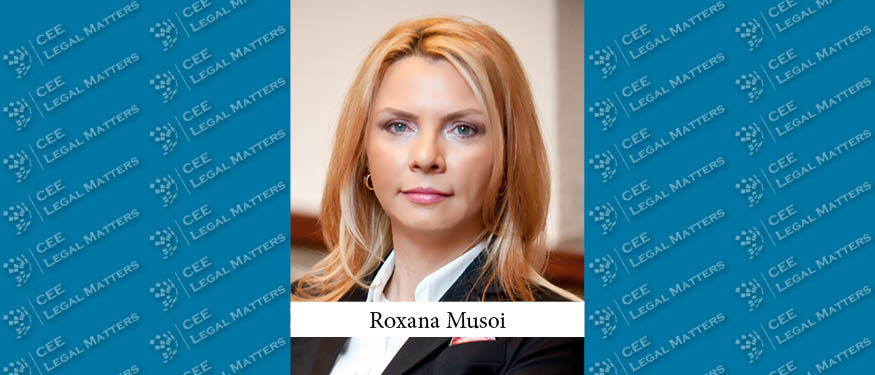Radulescu & Musoi Partner Roxana Musoi reflects on a dynamic year for Romania’s M&A market, highlighting shifting entrepreneurial mindsets and opportunities driven by European funds.
"It’s been a strong year for M&A transactions in Romania, both in terms of volume and activity levels," Musoi begins. "What stood out was the openness of sellers to engage with investment funds, which is a noticeable shift in mentality. Historically, many businesses were run more as private enterprises, but we’re now seeing a greater willingness among Romanian entrepreneurs to embrace transparency and adopt corporate governance structures." According to her, this change is largely driven by the rising costs of bank loans, which has made accessing traditional financing more difficult. As a result, entrepreneurs are turning to private equity funds or preparing their companies to go on the capital market as a way to raise capital.
"Additionally, there’s been a wave of Romanian entrepreneurs exiting their businesses," Musoi continues. "Interestingly, many of them are reinvesting their capital elsewhere to spread the financial risks in different sectors, which is slowly fostering the growth of a private equity ecosystem in Romania. Currently, there are about 10 funds actively seeking investment opportunities across various industries. We’re optimistic this trend will continue into 2025, though much will depend on political stability and maintaining investor confidence."
As for the specific areas that have been most active, Musoi stresses that "the IT, healthcare, medical, retail, production, and oil and gas sectors have attracted significant attention this year. Real estate, however, has seen less activity compared to previous years." One of the key drivers for this sectoral interest, according to her, has been the availability of European investment funds, which have created numerous opportunities in industries tied to public procurement. "As a result, we’ve seen a lot of work related to public sector bids and projects." Furthermore, Musoi indicates that the war in Ukraine has had a dual impact on Romanian sectors. "On the downside, agriculture has been heavily affected, with Ukrainian produce flooding local markets and driving prices down. On the positive side, oil and gas have remained stable, and we hope to see continued investment in exploring energy sources, particularly in gas."
Musoi also reports on several noteworthy updates, especially in the financial sector. "Romania has aligned itself with broader EU legislative trends, implementing overhauls like the Alternative Investment Funds Directive, the Crowdfunding Directive, and the Payment Services Directive," she says. "These changes are creating a more structured and transparent financial environment, which is crucial for attracting and retaining investors." And, another important regulatory development has been the FDI approval mechanism. "For all foreign investments exceeding EUR 2 million in most sectors and below EUR 2 million for investment in strategic sectors, prior approval is now required before closing. This has added a new layer of complexity to transactions, generating significant work for legal advisors and sometimes delays in closing, as most of the deals now require notification and compliance with these requirements."
Finally, focusing on the legal market itself, Musoi reports that client work remains robust, but that it is becoming evident that larger law firms are better positioned to handle the demands of today’s market. "Their broader expertise allows them to provide faster and more precise advice, which is increasingly important given the complexity of modern transactions and regulatory requirements. As the market evolves, I expect the gap between larger and smaller firms to continue widening, with the former being better equipped to meet the challenges posed by both clients and regulatory frameworks," she says. Still, she remains optimistic about the year ahead concluding by saying that "2025 could be another vibrant year for Romania."















